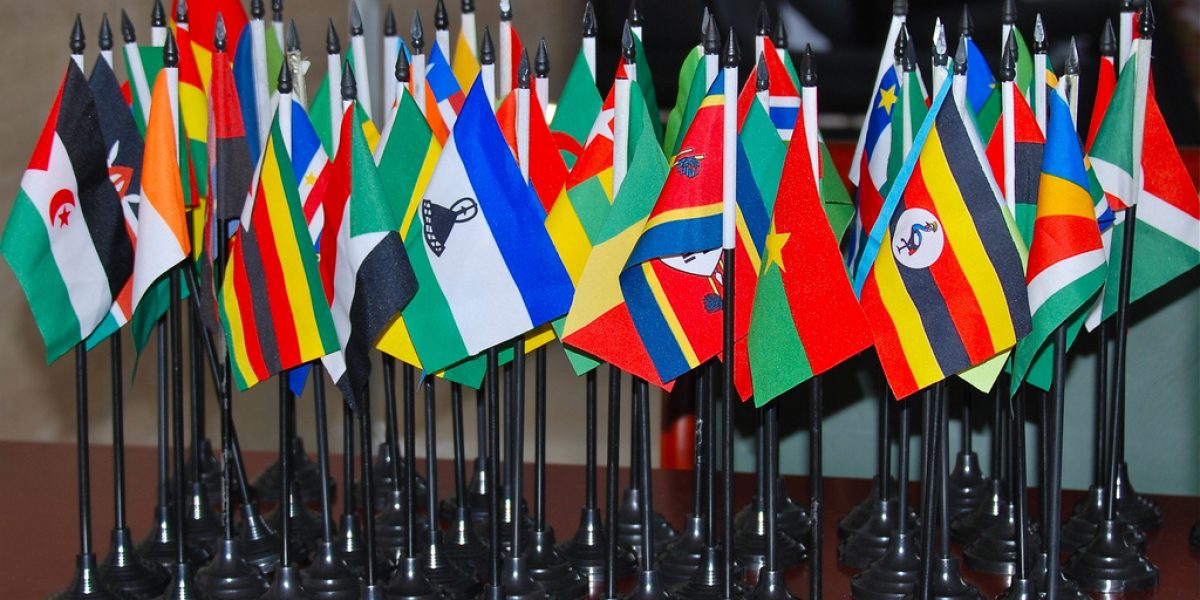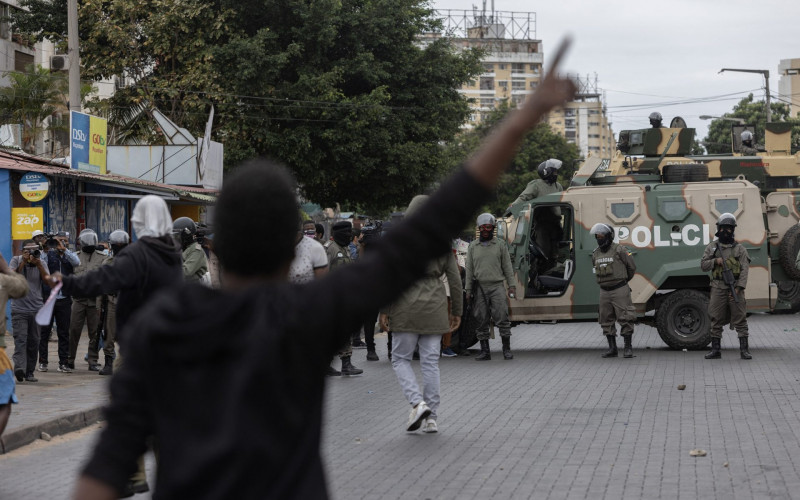The conference is on the theme: “Africa’s Bold March to Capture the 21st Century – The Role of the APRM.”
The aim is to offer a new momentum to NEPAD’s programme of African Peer Review Mechanism (APRM) which seeks “to encourage the adoption of policies that lead to political stability, high economic growth, sustainable development and accelerated regional integration” by addressing issues of Democracy and Political Governance, Economic Governance and Management, Corporate Governance, and Socio-Economic Development.
The conference is being attended by “(i) APR Panel of Eminent Persons, (ii) the APR Secretariat, (iii) Strategic and Development Partners, (vi) Countries that have completed base reviews, (v) Countries that have received Support Mission (vi) Countries yet to receive Support Mission (vii) the Ghana NAPRM-GC members and experts from relevant Ghanaian institutions” to deliberate how to achieve the AU target for good governance.
The present Accra APRM Conference is different from previous ones in two main ways. First, it has the novelty of giving center stage to the international dimensions of Africa’s political stability, economic growth, sustainable development and regional integration. Dr. Francis Appiah, Executive Secretary of the National APRM – Governing Council (NAPRM-GC) of Ghana, notes in this regard that: “Through a cross-fertilization of ideas a common position to engage in a political dialogue with the Africa Partnership Forum (APF), G8/Africa Agenda among other partnerships would be spelt out.” It is logical that as a developmental campaign the APRM seeks to concurrently undertake both internal mobilization and external offensive.
The programme of the conference indeed contains an item entitled: “Important message for the G 8”. Its logic derives from the importance of the realization that good governance and the economic development that consolidates it will be greatly enhanced by fair international trade and investment codes which eventually allow Africa to benefit from its own resources, finance its own industrialization and development and fund the defense of its own people.
Second, participants from various parts of the continent share a great expectation that it will unleash immense impetus that will help galvanized the much needed enthusiasm and public participation without which the momentum for a continental scale activity cannot be sustained.
Mr. Ibrahima Mbaye, the Focal Point of the Republic of Senegal, for instance, emphasizes that “since the ultimate objective of NEPAD is development, and since regional integration is pivotal to sustainable continental development, the move by the APRM to find a common African position for a dialogue with external factors is an indispensable step and in the right direction.” He also underlines the hope that the conference will emphasize the need for the people to appropriate the APRM for their own good governance.
For Ambassador Masuhla Leteka, the Focal Point of the Kingdom of Lesotho, “regional integration is a paramount issue” which the APRM must ultimately enhance. He also expects the conference to come up with concrete action to improve the capacity of the continental APRM secretariat.
In a sense this conference is poised to move the APRM’s expediency away from the notion and claims of African corruption and disorganization and will bring the question of external hindrances to Africa’s development close to the centre of the APRM’s preoccupation. The urgency to address this central external component and the need to put Africa’s house in order constitute a duality. This implies the need for both a thorough APRM process and a common continental position on issues of international corporate governance.
This new external emphasis underscores the concurrent internal need to augment public participation, increase the speed of the process, reduce the cost involved, ensure thorough national self-assessment and country review mission, implement APRM recommendations, and integrate them into existing national development plans so as to attract the adherence of those countries that have not yet signed up for review.
The conference is not intended to evaluate the APRM’s performance in its five years of existence but there are outstanding challenges that the conference might have to resolve in order for the APRM’s benefits to be realized on a continental scale. These include both conceptual and structural issues such as the need to increase the capacity of the continental APRM secretariat to meet the demands, not only of governmental stakeholders, but also of all others. There is also the question of how to standardize the nature of the relationship between the office of Focal Point and the National Governing Council.
Others are devising means that ensure that the freedom of participating nations to assess themselves within their own means and in their own contexts does not compromise the quality and speed of the process. The question of the adequacy or otherwise of the time limit of six to nine months set for assessment in the base document, and how to deal with national assessments that may be neither credible nor free from manipulation must all be considered.
This conference marks a new international strategic emphasis of NEPAD’s APRM; and the fact that President John Agyekum Kufour of Ghana is its keynote speaker makes it reminiscent of the 1958 Accra Conference where President Kwame Nkrumah assembled and strategize with African Freedom Fighters for the intensification of the onslaught against colonialism, Apartheid, and Neo-Colonialism. His admonishing: “Forward ever! Backward never! There is victory for us!!” is still applicable to the present search to improve Africa economically. All expect the president of the African Union, President John Agyekum Kufour of Ghana, to give the participants a continental economic meaning to the second stanza of Ghana’s national anthem.







